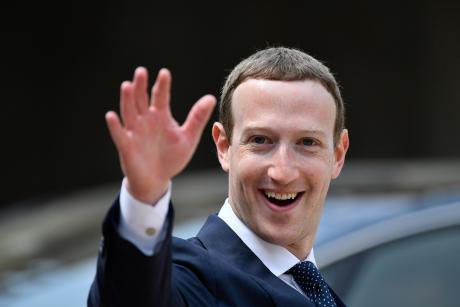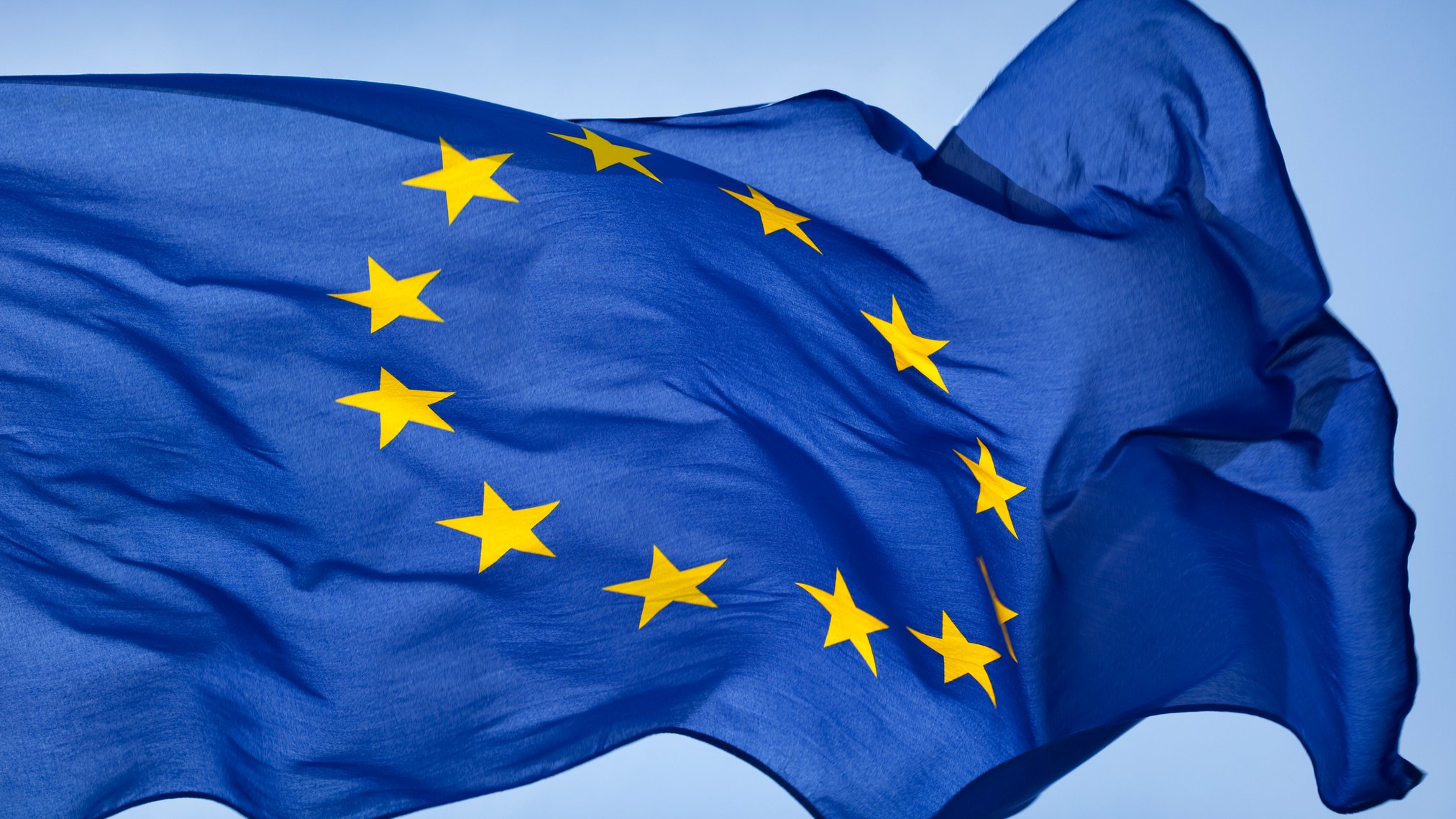DIGITAL LIFE

Zuckerberg confirms Meta as the social network of lies
In 2016, Mark Zuckerberg announced that he was implementing a fact-checking program on Facebook and Instagram after being accused of spreading misinformation. Eight years later, Zuckerberg has reversed course, ending the program and calling it an overcorrection.
It may seem like a drastic change. But it’s not the first time the Meta CEO has shifted his stance based on the political winds blowing.
In January 2021, Zuckerberg banned Trump from posting on Meta’s apps two days after the Jan. 6 riot at the U.S. Capitol. At the time, Zuckerberg said the “risks” of allowing Trump — who had galvanized his followers into action after losing to Democrat Joe Biden in the presidential election — to continue posting on Facebook and Instagram were “simply too great.”
Less than four years later, Meta reversed those restrictions and reinstated Trump, saying it was important for the American public to hear from both Biden and Trump in the run-up to the 2024 election. Meta also said the restrictions on Trump’s account in 2016 were the result of “extraordinary circumstances.” Zuckerberg has also shifted his stance on political content.
Last year, Meta had its top executives advocate for a policy of minimizing speech about political or social issues on its apps. At the time, Zuckerberg and his allies didn’t want to see that kind of content online, opting instead to promote more entertainment or personal connections on social media. But on Tuesday, Zuckerberg announced an abrupt end to that policy as well. He said people do want political speech on Meta’s apps, and that censoring some of that stuff was “out of step with the mainstream.”
Zuckerberg maintained that his stance was consistent with past beliefs he has publicly espoused, including a speech at Georgetown University in 2019 in which he defended the company’s policy of not wanting its social network to be “an arbiter of speech.” While Zuckerberg believes in that principle, he has changed how Meta’s policy teams have applied it during the Biden and Trump administrations. Under Biden, Zuckerberg was more willing to remove certain types of content, especially related to Covid-19, a move he said he later regretted. On Tuesday, Zuckerberg said Meta was eager to “get back to its roots” on free speech, and that working with the Trump administration would help them do that more effectively. At least until the next president takes office in 2028.
Impact in Brazil...The Federal Public Ministry (MPF) will officially notify the Meta platform, the company that owns Facebook, Instagram and WhatsApp, to verify whether the new rules presented by the company's owner, Mark Zuckerberg, this Tuesday (7) will be implemented in Brazil.
The information was confirmed to CNN by the MPF itself.
The agency wants to know whether Meta in Brazil will follow the American parent company and end its fact-checking program and replace it with a “Community Notes” system similar to that used by the X platform, formerly Twitter, owned by Elon Musk.
The official letters will be forwarded as part of a civil investigation that has been ongoing since 2021 and that investigates the responsibility of big techs in the content posted.
Meta is one of the targets of this investigation. In July of last year, for example, the MPF charged compensation of R$1.7 billion for violation of user rights.
Since the investigation was opened, according to sources from the MPF, the company has been collaborating and implementing measures to regulate posted content. With the official letters, the idea is to find out whether this will be maintained or whether there will be an alignment with the rules announced by the American parent company today.
Prosecutors were struck by Zuckerberg's mention that the new rules "will begin in the United States", suggesting that they may be adopted worldwide.
According to these sources, the changes clash with standards already approved in several countries and even with recommendations already made by the MPF in Brazil and adopted by the company in terms of regulating posted content.
The MPF's interpretation is that its economic interests in the United States prevailed within the company and that it is necessary to have the country's new president, Donald Trump, on its side in the fight against the regulation that big techs are suffering worldwide.
The impression, however, is that Trump and big techs would not have the strength on their own to face the regulatory processes underway in several countries around the world.
In Brazil, for example, although Congress has avoided voting on any bill in this regard, the Federal Supreme Court (STF) is judging a case that could ultimately be impacted by Meta's stance from now on.
And, according to sources at the MPF, there would not be much room for companies to change their course or not comply with its decision, since the risk of losing the large Brazilian market would be at stake.
The STF's ruling analyzes the constitutionality of article 19 of the Internet Civil Rights Framework law, which exempts platforms from liability for third-party content.
However, the court is moving towards reviewing this rule and giving them some liability. The MPF's analysis is that if Meta stops controlling content in Brazil, the STF may tighten the degree of liability it intends to give to big techs. So far, only three justices have voted (Dias Toffoli, Lupis Roberto Barroso and Luiz Fux).
mundophone

No comments:
Post a Comment